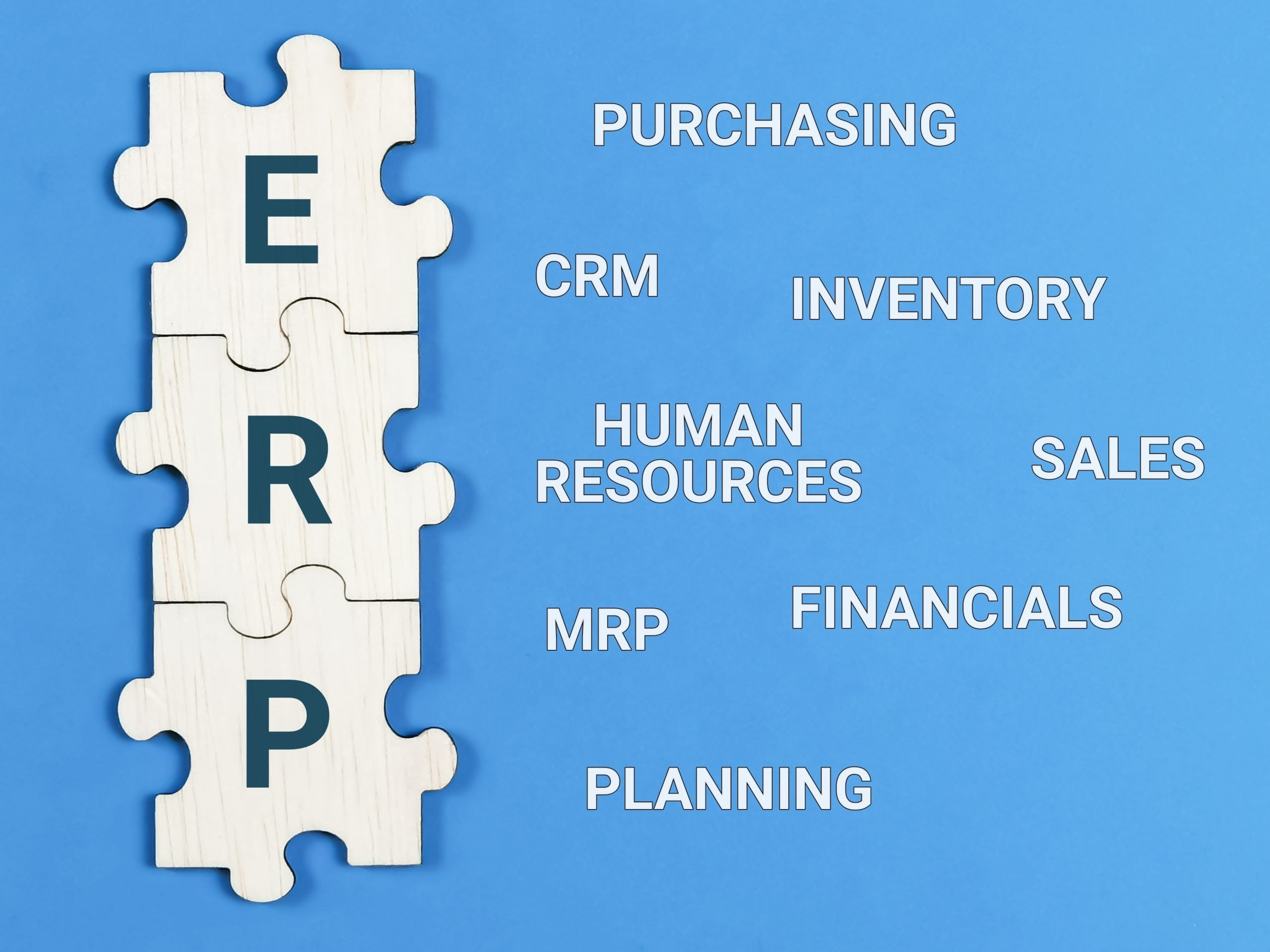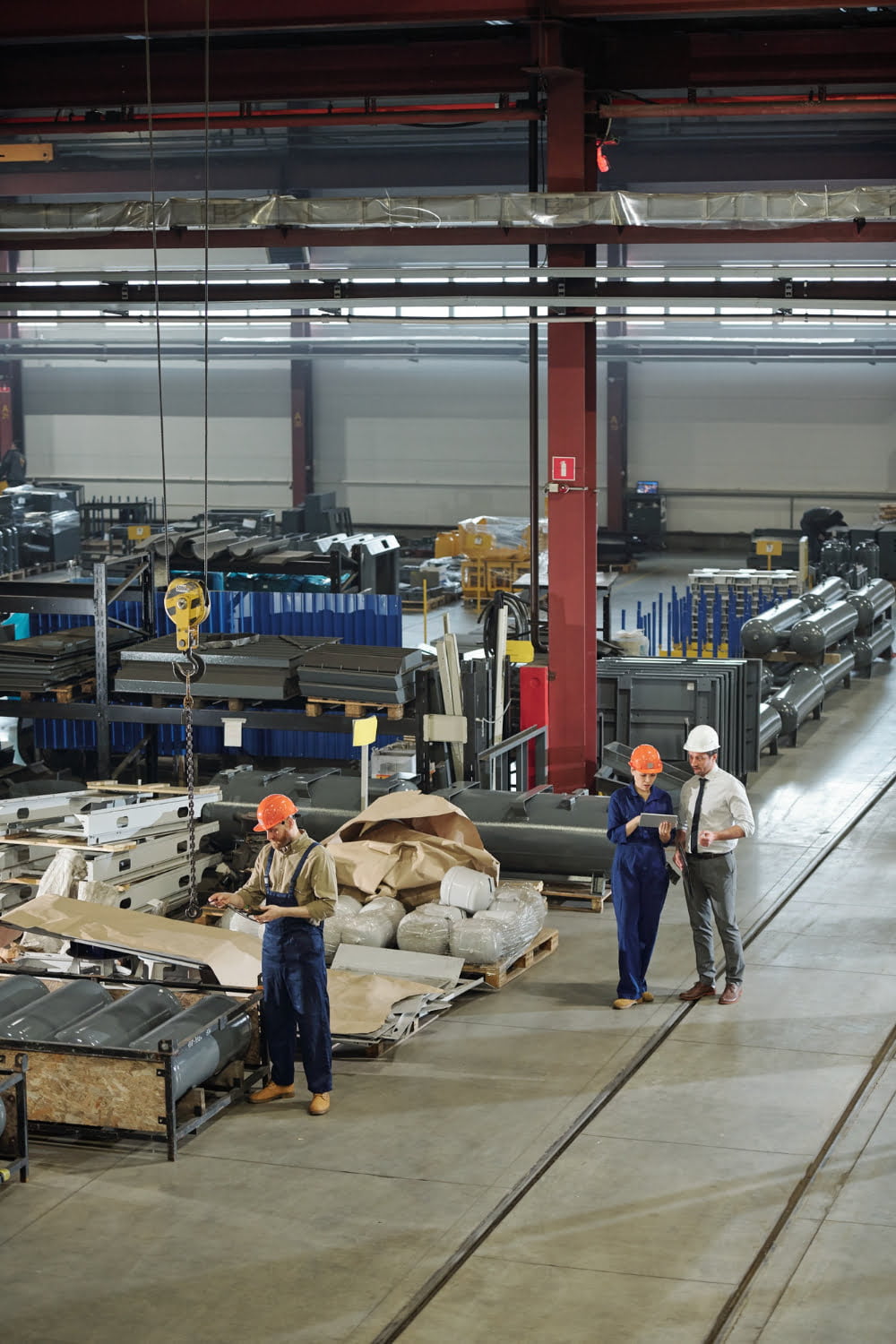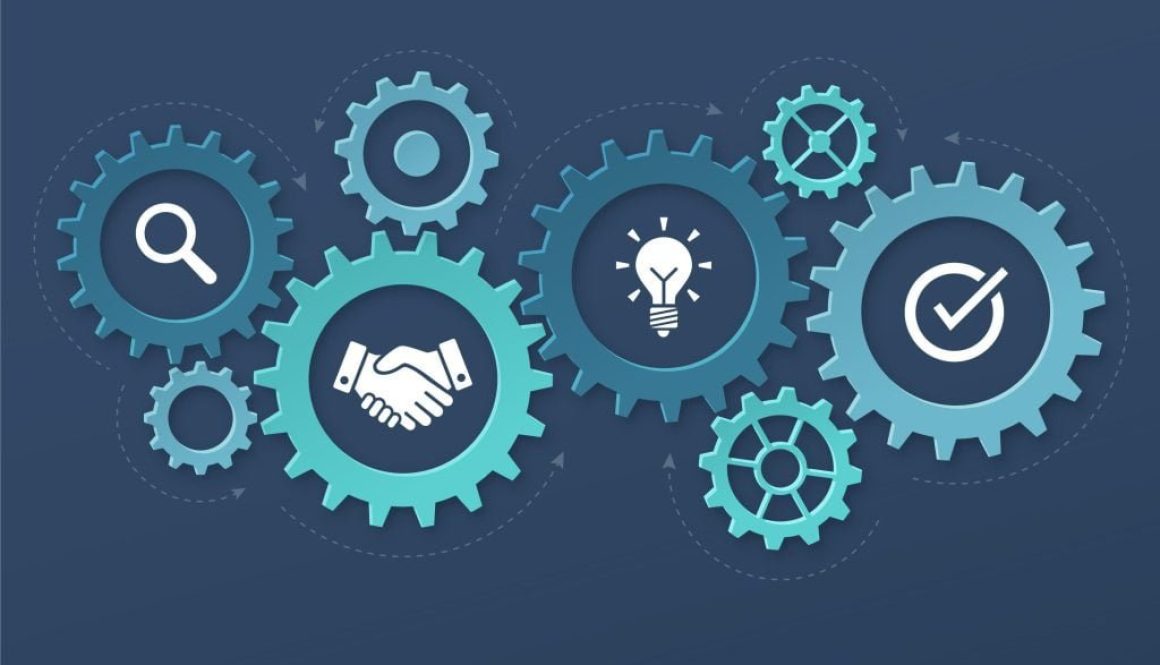Business Process Integration in Metal Fabrication
The metal fabrication industry manages intricate production processes and diverse material requirements, and it services customers with high expectations of suppliers. Manufacturers grapple with unique challenges but they can also seize the potential for remarkable improvements through enhanced integration of business processes. The sector is ever more challenging with rising energy, mining plant and equipment costs, workforce shortages and ongoing logistics challenges from almost three years of pandemic disruptions. However, with the right approach and investment, these challenges are not insurmountable. Integrating business processes to elevate the visibility of management information would empower more informed decisions — which are crucial for businesses to thrive. Let us dive deeper into this topic in this blog.
Optimization using ERP and Automation

To confront these challenges head-on, fabricated metals manufacturers should consider implementing a modern enterprise resource planning (ERP) system tailored to their industry’s needs. Generic ERP solutions often need more industry-specific features and functions to support nuanced requirements. ERP systems designed exclusively for manufacturers can streamline processes across the post-pandemic fabrication supply chain. This includes order management, production planning, inventory control, and quality assurance. Such an integrated solution seamlessly coordinates operations and offers real-time visibility into processes, leading to enhanced collaboration, data-driven decision-making, more efficient scheduling, and better shop floor control.
There is an unmistakable shift towards automation in modern metals manufacturing, particularly in operations. This reflects a broader industry trend to optimise efficiency and resource allocation using techniques such as AI video surveillance on the shop floor. As automation takes over repetitive processes, human resources are freed up to focus on managing the more intricate aspects of manufacturing operations. This strategic realignment of human capital enables companies to tap into the full potential of workforces.
MOM – The Operations Bulwark

A pivotal component of this approach is integrating sophisticated systems such as manufacturing operations management (MOM) within an ERP solution. MOM is a cornerstone in providing invaluable support throughout the manufacturing lifecycle, ensuring that precision and consistency are upheld in the most complex manufacturing environments. With MOM’s integration with ERP and its capacity to collect data from the shop floor, manufacturers can achieve consistency and precision that goes beyond what human-centric processes can offer. This integration minimises the margin for error and safeguards the quality and reliability of the product, thereby bolstering overall operational excellence.
Integrating MOM With ERP

Some operational benefits of an ERP system with MOM for fabricated metals manufacturers are:
Advanced scheduling – Advanced scheduling leverages algorithms and optimisation techniques to create optimal schedules, considering machine capabilities, material availability, labour capacity and delivery deadlines. It balances workloads, minimises idle time and enhances productivity.
Streamlining processes – Implementing an ERP system fundamentally centralises and streamlines critical processes across the supply chain from managing the customer order through to delivery and servicing, creating a unified and synchronised operational framework. The newfound efficiency reduces operational redundancies and fosters better decision-making through real-time data access.
Administrative efficiency enhancement – With the adoption of ERP, companies can dramatically reduce administrative overheads by automating tasks such as pipe spool fabrication that were once manual and time-consuming. This boosts efficiency and frees up resources for more strategic and value-added activities.
Visibility informs decision-making – One of the most profound benefits of ERP implementation is its granular insight into production data and key performance indicators. Data-driven insight equips management with the tools for strategic decision-making, driving efficiency and profitability to new heights.
Key Takeaways

In a market characterised by rapid change, manufacturers may not have control over external forces but they can leverage technology to optimise their operations. ERP solutions tailored for manufacturers offer metal fabricators the tools needed to integrate their processes seamlessly, improve the visibility of management information and proactively confront challenges. The path to success in the fabricated metals industry is unequivocal: embrace integration, harness the capabilities of ERP systems designed for manufacturers and use data-driven insights that drive efficiency, profitability, and sustainable growth.

